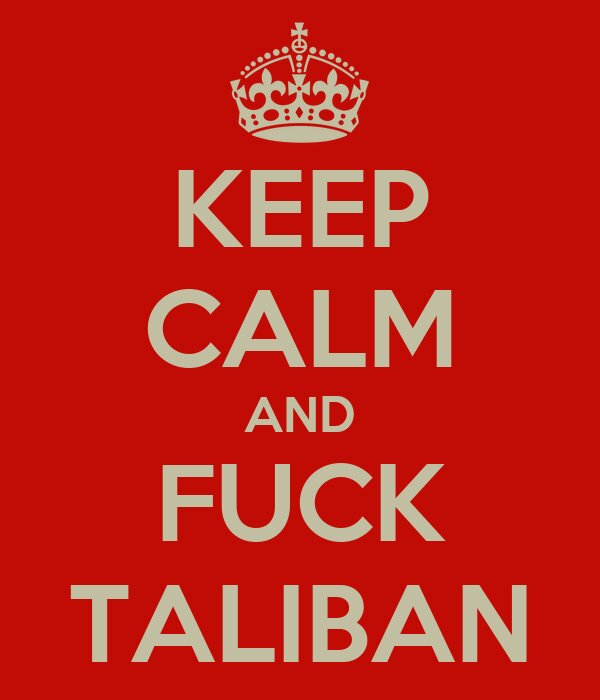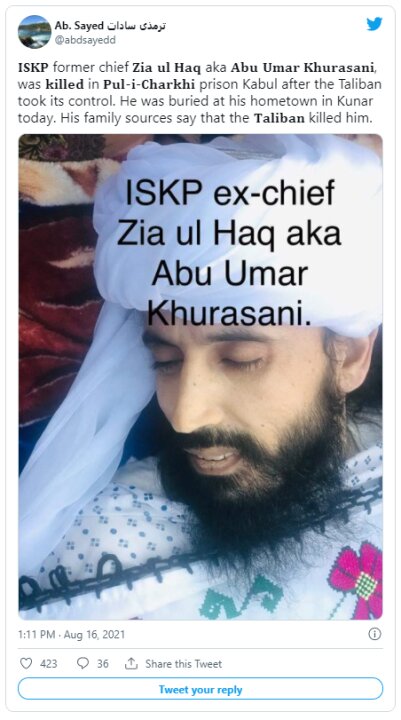@
beckyromero That's your solution? A national surveillance state?
Not really, just using the data we already collected to that point to prevent this kind of shit from happening moving forward.
Do you really think that one air marshal with a gun could have "easily" stop any of those four hijackings? Do you realize that on at least one plane hijackers took a hostage to force their way into the cockpit? They were determined to DIE in order to kill as many innocent people as possible. Do you really think they'd be deterred by one air marshal?
The 9/11 hijackers were only armed with boxknives, whereas flight marshals are armed with guns. If there had been a flight marshal on any of the 9/11 flights, it would've been a slaughter, full stop, hostage or no hostage.
Most people didn't think the Japanese could attack Pearl Harbor.
Most people didn't think terrorists could use commercial airliners to attack skyscrapers, either
Not really. Japan had long been known to have a powerful blue-water Navy. We only really thought they wouldn't attack because they didn't want to get destroyed in a massive Naval campaign. As for the 9/11 thing, it's not as if this was the first time this kind of thing had been attempted. People had hijacked planes successfully before and attempted to use them for kamikazi attacks. The 9/11 hijackers were an unusually motivated and to some extent, clever bunch, but barring that, nobody should've been surprised that it was possible.
The airline industry needs to hire you as an actuary. You're the type of person they'd want to argue on their behalf: "Well, sure we're going to have to pay out millions if one of our airliners crash. But it will cost more if we do these extra maintenance procedures."
If the insurance company I was working for wanted to kill 71,000 people to save 3,000, you're damn right I would tell them that that's a shitty idea and I hope to God that they would listen. And look, if the idea of not expending money to save human life sounds cold for you, just take a second to imagine what we could've done with that same amount of money.
36,000 people die from car crashes per year. Imagine if we had spend that same 2.2 trillion dollars on upgrading our transportation infrastructure so we wouldn't have to risk our lives on the roadways so much anymore. 647,000 people die from heart disease every year. Imagine if we had spent that 2.2 trillion dollars upgrading our food system and investing in medical technology (such as artificial hearts) to save people from this sad demise.
I'm just saying, it only makes sense to protect human life by the most economically efficient methods available because like it or not, the gov't only has a finite amount of money to spend. This whole endless war thing ain't it, chief.

















